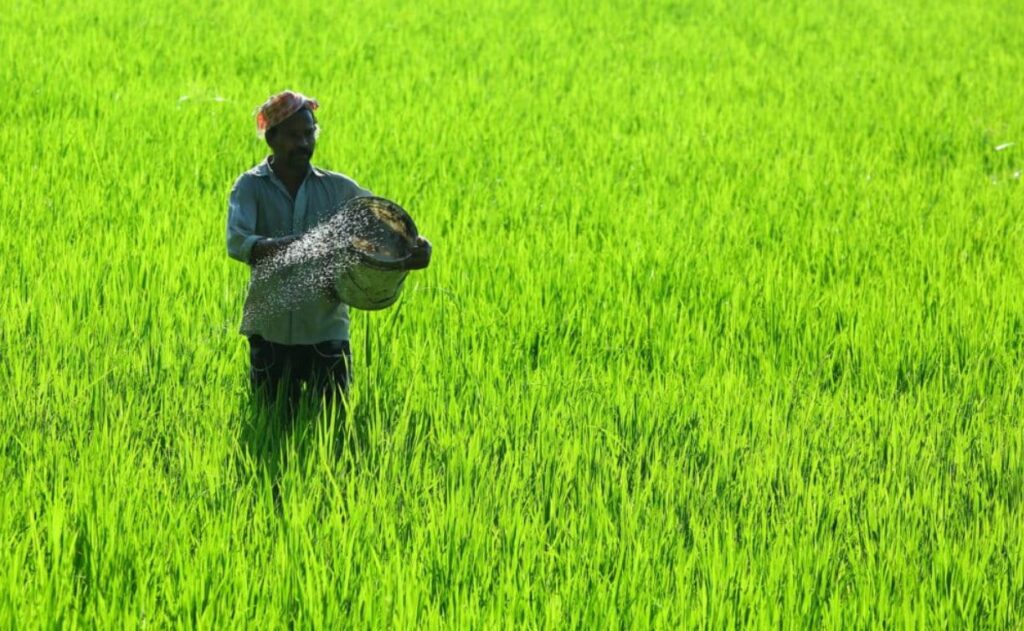India’s Finance Minister Nirmala Sitharaman announced the implementation of DPI for agriculture in the Union Budget 2024-25. The approved Digital Agriculture Mission will receive a total public funding of US$335.36 million, which includes $230.95 million from the central (federal) government.
Through the AgriStack initiative, each farmer will receive a unique digital identifier, similar to the Aadhaar system. The digital identifier will be connected to various personal and farming-related information, including land records, livestock ownership, crops grown, and benefits received.
The Kisan Ki Pehchaan digital identity system will be introduced in a phased manner to cover 60 million farmers by March 2025. The government’s long-term plan is to extend the system to all 110 million farmers within three years.
The government is emphasizing a farmer-centric DPI to enhance the efficiency of agricultural governance. Connecting farmer IDs with government and private agencies will improve the delivery of services such as subsidies, crop insurance, and agricultural loans.
AgriStack is part of the Farmer ID initiative, which includes other components, such as geo-referenced village maps and digital crop surveys.
The government has initiated pilot projects in six states to assess the establishment of these digital identities and the effectiveness of the digital crop survey system. These states are Uttar Pradesh, Gujarat, Maharashtra, Haryana, Punjab, and Tamil Nadu. About 19 more states have signed MoUs with the Ministry of Agriculture for the implementation of AgriStack, Krishi Jagran reports.
In 2024, the digital crop survey will cover 400 districts, with the remaining districts to be included next year. The survey will gather data on crops sown by farmers, including crop type, acreage, and yield estimates.
The Krishi-DSS is a geospatial decision support system that integrates data from various sources, including remote sensing technologies, to provide information on crops, soil, weather, and water resources, Times of India (TOI) reports. The collected data will offer tailored advisory services to farmers regarding crop planning, health and pest management, and irrigation.
The TOI has reported that approximately 29 million hectares of soil profile inventory have been mapped, including crucial data on soil health such as nutrient levels, texture, pH, and organic content.
The Krishi ICCC will function as a centralized hub for monitoring and analyzing agricultural data, making all the data collected throughagri different components of the digital agriculture mission available on a single platform.
The digital agriculture mission will also help create employment in rural areas. It is reported that about 2,50,000 trained local youth and Krishi Sakhis (community-based agricultural workers) will be employed across the country.
Source: Biometric Update
Abhishek is a Master’s graduate in Electrical Engineering and a freelance technology and science writer with bylines at EdgeIR, Wevolver, Electromaker, Embedded Computing Design, Electronics-Lab, Hackster, and Electronics-Lab. Read more.
Become a Patron!
Or support us at SubscribeStar
Donate cryptocurrency HERE
Subscribe to Activist Post for truth, peace, and freedom news. Follow us on Telegram, HIVE, Minds, MeWe, Twitter – X and Gab.
Provide, Protect and Profit from what’s coming! Get a free issue of Counter Markets today.


Be the first to comment on "India to Digitize the Agricultural Sector Through Unique Digital Farmer ID"